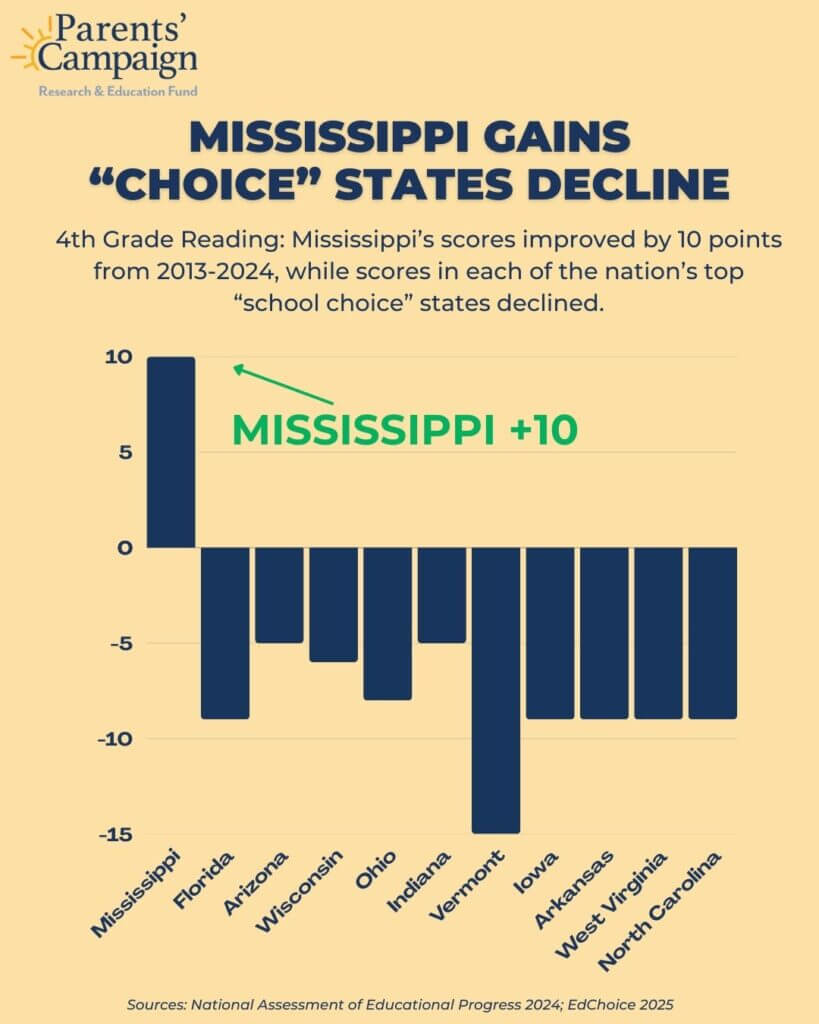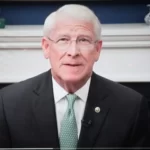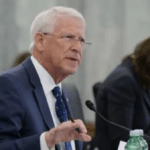Loome: Feds’ voucher threat could undo years of Mississippi progress
By Nancy Loome
Mississippi’s public school teachers and students have garnered another big win for our state – our highest-ever education ranking. The Annie E. Casey Foundation’s KIDS COUNT 2025 Data Book ranks Mississippi 16th in the nation in education, up from 30th in 2024 and 32nd in 2023.
Clearly, the credit for those achievement gains goes to our public school teachers and students. Credit also is due the tens of thousands of Mississippi parents and public school supporters who have joined forces over the years to support their public schools, fighting for adequate resources and defending public education against the billionaire-backed voucher lobby.
Millions in out-of-state dollars have been poured into Mississippi by voucher promoters attempting to lure legislators into school choice schemes. But our lawmakers haven’t taken the bait. They’ve stood alongside their constituents to eschew the dangerous choice policies that have victimized less cautious states, depleting voucher states’ budgets and sending student achievement plummeting.
Instead, Mississippi’s Legislature has made wise investments in public schools, and the return has been impressive.
Now, Congress is threatening to overrule our State Legislature – and the will of the people – and force vouchers into every state via a dangerous provision tucked into a piece of federal legislation: HR 1, or the “Big Beautiful Bill.”
Much attention is being focused on other elements of this broad bill, but little has been paid to the private school voucher piece, which would do irreparable harm to our public schools and put at serious risk our students’ historic achievement gains – all while increasing the federal deficit by $5-billion annually.
Mississippians aren’t the only ones cognizant of the dangers inherent in the “choice” debacle. Voters across our country have defeated vouchers each and every time they have been on a statewide ballot. Alarmingly, not all state legislatures have heeded their constituents’ warnings, catering instead to the voucher lobby that fills their campaign coffers.
Those states have paid a steep price. Many are reeling from voucher-driven budget shortfalls, and their education outcomes are falling sharply.
While Mississippi’s national test scores have surged forward over the past couple of decades, every single one of the states that EdChoice names a Top 10 State for School Choice has moved backward in student achievement.
The voucher provision in HR 1 would divert badly needed funding away from public schools and empower private interests and voucher-backers to pick and choose which children in Mississippi get to be educated with federal tax dollars – and which should be denied.
This legislation has passed the U.S. House and is being considered by the Senate, where Mississippi’s delegation could play a pivotal role: Senators Roger Wicker and Cindy Hyde-Smith could be the key to removing the voucher section from the bill.
Three important points that our senators should consider are:
1. Mississippians have fought the voucher lobby repeatedly and successfully and do not want vouchers forced on us by the federal government.
2. HR 1’s costly private school voucher program would take Mississippi backward, putting at risk the impressive gains our public school students and teachers have made in recent years.
3. The federal tax-credit vouchers in HR 1 would add $5-billion to the federal deficit annually, for a program that Mississippians do not want.
Here’s hoping that Senators Hyde-Smith and Wicker will stand with their constituents, using their influence to remove vouchers from HR 1 and keeping Mississippi on a path to academic excellence! Those who would like to encourage them can reach Sen. Wicker at 202.224.6253 and Sen. Hyde-Smith at 202.224.5054.
Nancy Loome is executive director of The Parents’ Campaign (msparentscampaign.org) and president of The Parents’ Campaign Research & Education Fund (tpcref.org). She and her husband Jim have three grown children, all of whom graduated from Clinton Public Schools. Opinions expressed are those of the author solely and not necessarily that of this publication.







